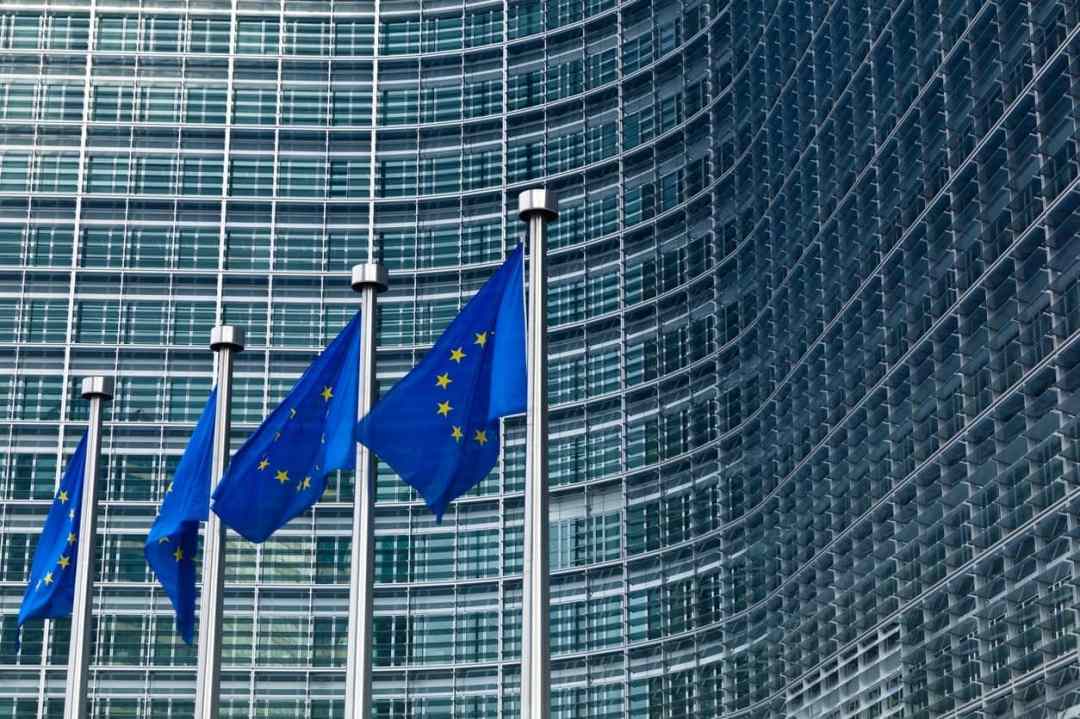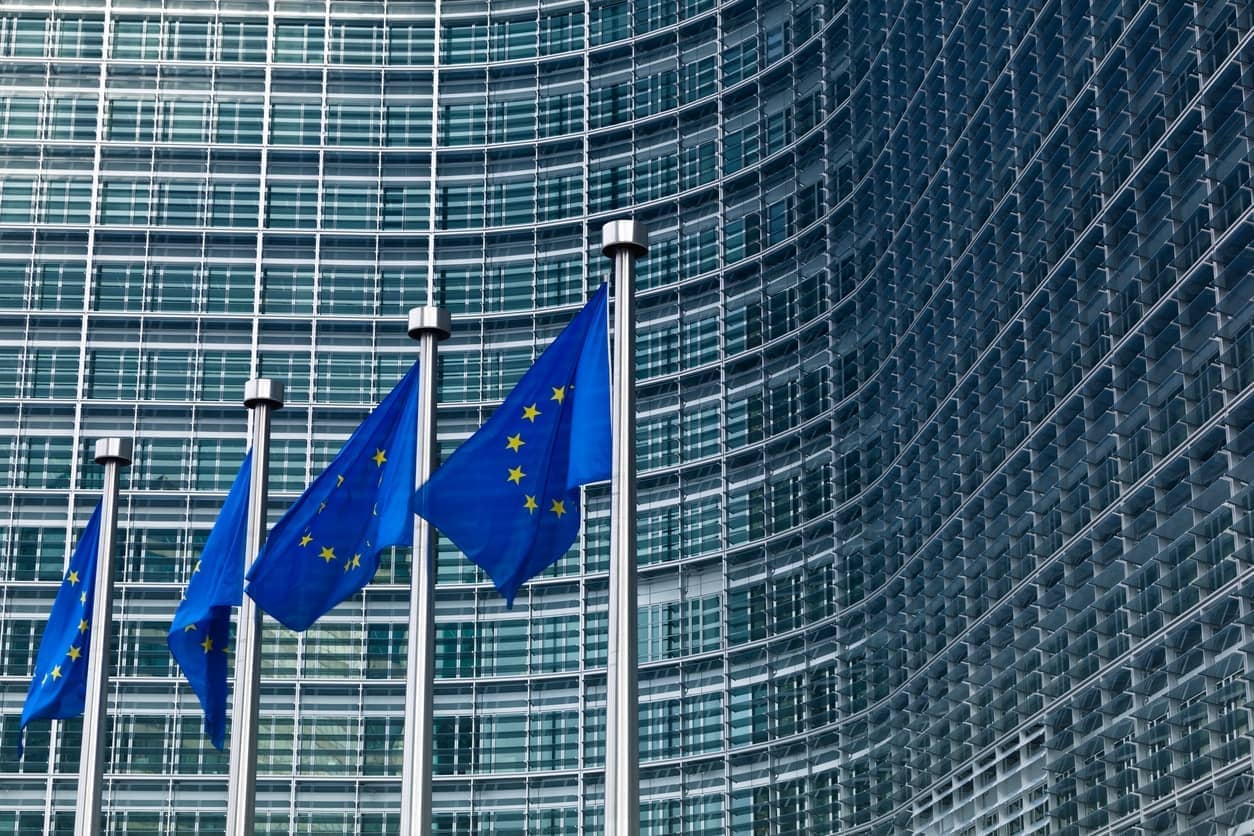You wouldn’t normally electrify the world with a press release detailing a formal UK legal demand for discussions and possible arbitration about non-admission to Horizon Europe, a EU-led scientific research programme which in all probability most people will never have heard of. But, as you may have gathered from recent news reports, there is more to this episode than meets the eye. It actually tells us a fair amount about the Brexit process, and perhaps more about the EU.
Set up in 2021 by the EU with a budget of €95.5 billion to be spent over seven years, Horizon Europe is a kind of super Euro-research council: an institution dedicated to promoting and funding high-powered international scientific research with public money. At the time of Brexit, the 2020 UK-EU trade agreement made it clear that all parties contemplated the UK being in, contributing comfortably over €15 billion. This mattered both for the EU (in serious science the UK’s top universities punch well above their weight, and certainly above the EU’s) and also for UK researchers (who would get access to generous research funds and very productive international cooperation).
But the EU has now backtracked. The volte-face, as everyone admits, is entirely political. It’s not Brexit as such: non-EU states, such as Israel, already participate in Horizon. Britain’s problem is quite different. Brussels has deliberately chosen to weaponise Horizon participation in aid of its claims that the UK is in breach of the Northern Ireland Protocol. Be sensible about Northern Ireland, it says, and we might talk about taking your money and working with your scientists and researchers. Till then, nothing doing.
These events tell us disconcerting things about the EU’s way of doing business
Despite litigation on foot or imminent about both the Protocol and Horizon, the legalities are murky and probably not enormously important in the long run: this will be worked out politically. Rather more importantly, however, these events tell us two disconcerting things about the EU’s way of doing business.
One is that it is prepared to assert its political priorities in a way many would see as unbalanced. The progress of pure scientific research has nothing whatsoever to do with the EU’s claim to have a say in the economy of Northern Ireland. Yet the two are being incongruously yoked together. As our universities collectively pointed out to Brussels – predictably, without avail – excluding their scientists from the EU ecosystem is both unfair to them, who have no dog in the Northern Ireland fight (and probably supported Remain almost to a man and woman) and harmful to European science as a whole. The EU’s official position, which is that the UK’s possible breach of the protocol shows that it ‘cannot be trusted’ as regards research cooperation, is clearly PR bunkum. It is hard to avoid concluding that here the EU, like East Germany with Berlin in 1948 or China with Taiwan in 2022, is happier acting the bully than the good citizen or conciliator.
The second thing it shows is just how obsessive the EU can be about diplomatic appearances. Its genuine interest in overseeing matters in Northern Ireland is limited to, in effect, making sure that goods it does not want passing directly into or out of the EU cannot do so indirectly via the UK mainland, Ulster and the Republic. There is no indication that this is a noticeable problem; moreover, the UK has bent over backwards to deal with it. It has advanced a pragmatic scheme under which trusted traders can pass goods not going to or from Europe freely between the mainland and Ulster, with customs and other checks limited to through traffic.
For Brussels, however, this is a sideshow: appearances are everything. Brussels wishes to depict Ulster as in all but name an EU province, and thereby embarrass London, curry favour with Irish nationalists with a self-righteous but specious solicitude for the peace process, and show its solidarity with the Republic’s eventual ambition to reunite Ireland. Hence its insistence on applying the Protocol in the most literalistic, burdensome and heavy-handed way possible, and using all means to do so, including if necessary cutting off its own scientific nose to spite its face.
What should the UK do? Its chances of persuading the EU to think again are effectively nil without a complete climbdown over Ulster. Indeed, the government will remember, even if you don’t, that the EU has form on this. Last year, negotiations between it and Switzerland over its future relationship broke up over EU demands that Switzerland make concessions over matters such as EU free movement and state aid law. The result? You guessed. Switzerland, another country with an excellent record in pure science research, was also frozen out of Horizon Europe, and so far sweet Swiss reason has had similarly little effect in Brussels.
For the moment at least, the way forward must be to stand firm. Just as the UK has rightly enacted reserve legislation to give our negotiators scope for horse-trading over the Protocol, it has made it clear that it will match research funding that would otherwise have come to UK researchers from Horizon. If we continue to do this, the result could actually be good. Brussels will be denied a propaganda victory. We for our part have a useful chance to portray Brussels as an unattractive combination of playground bully and dog in the manger, a reputation which, for once, it deserves.
One more thing: what about all that international research? Here’s an idea: there’s something attractive about a research cooperation deal between the two science power houses of Europe. When Brussels isn’t looking, what about a quick phone call from the new Foreign Secretary to Ignazio Cassis in Bern to ask for his views?







Comments